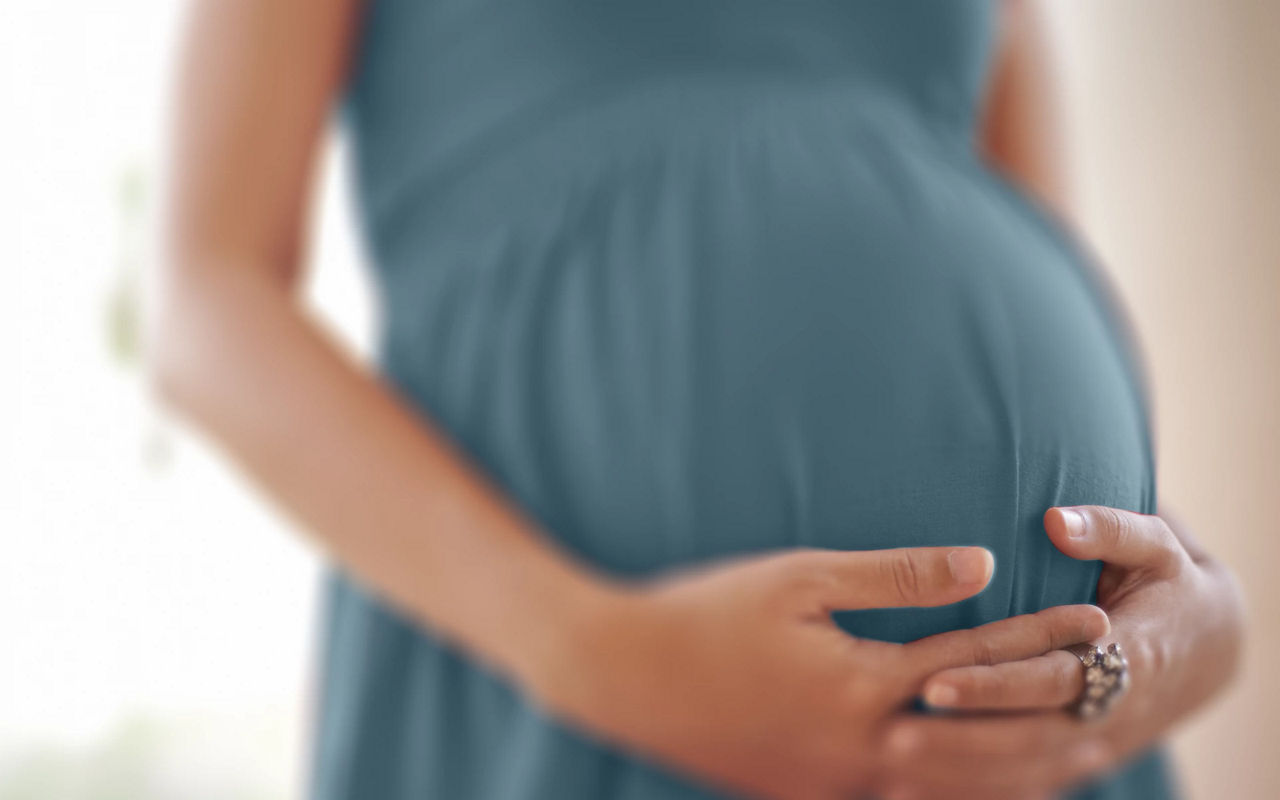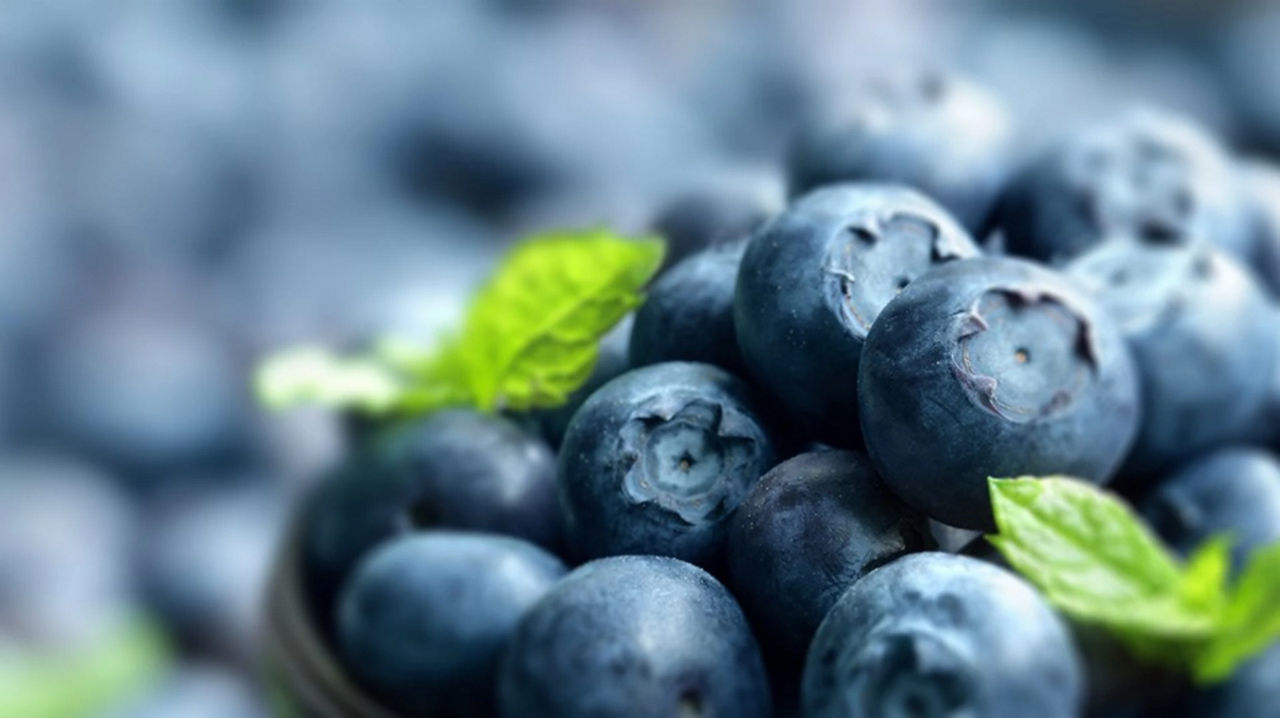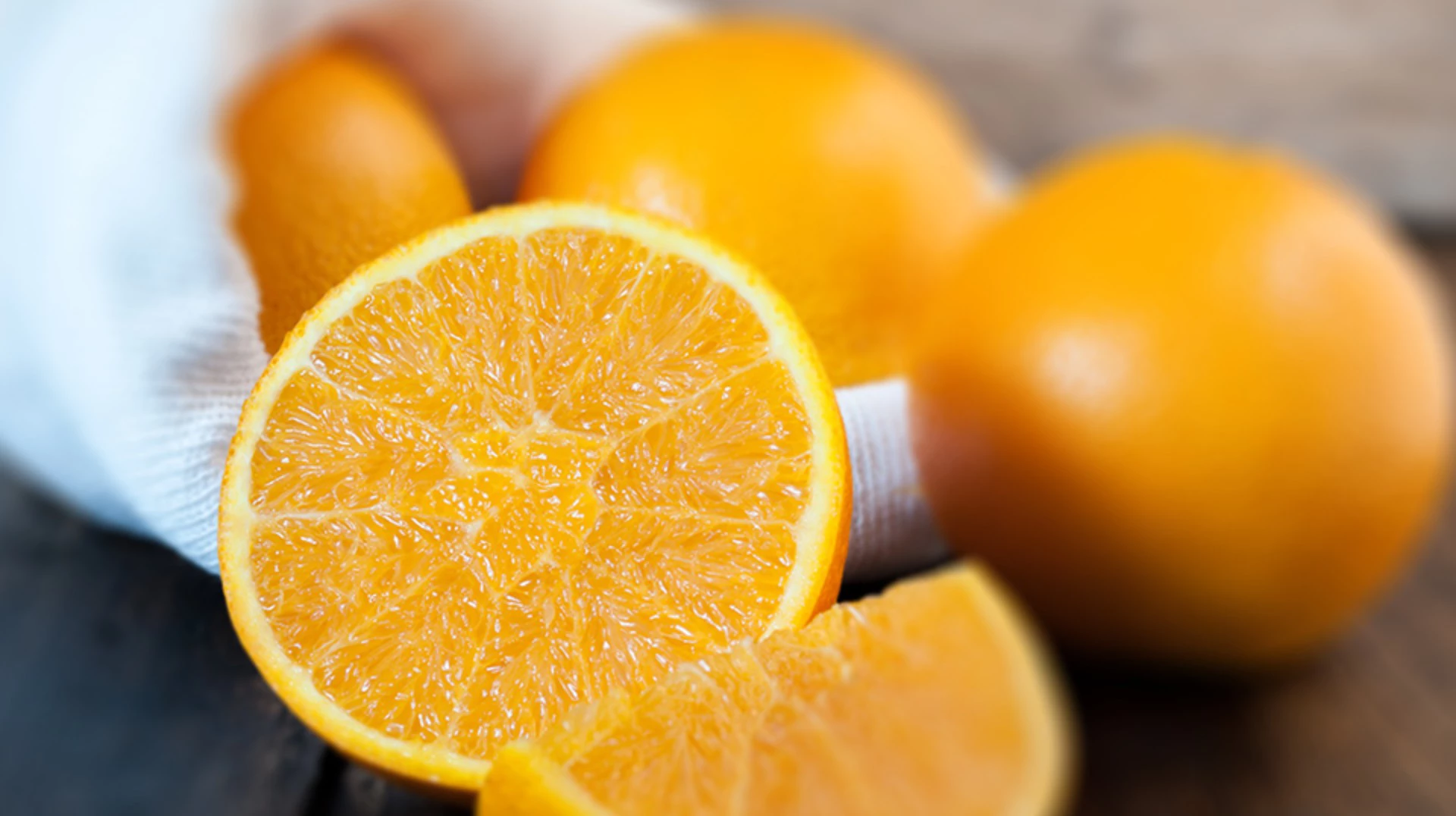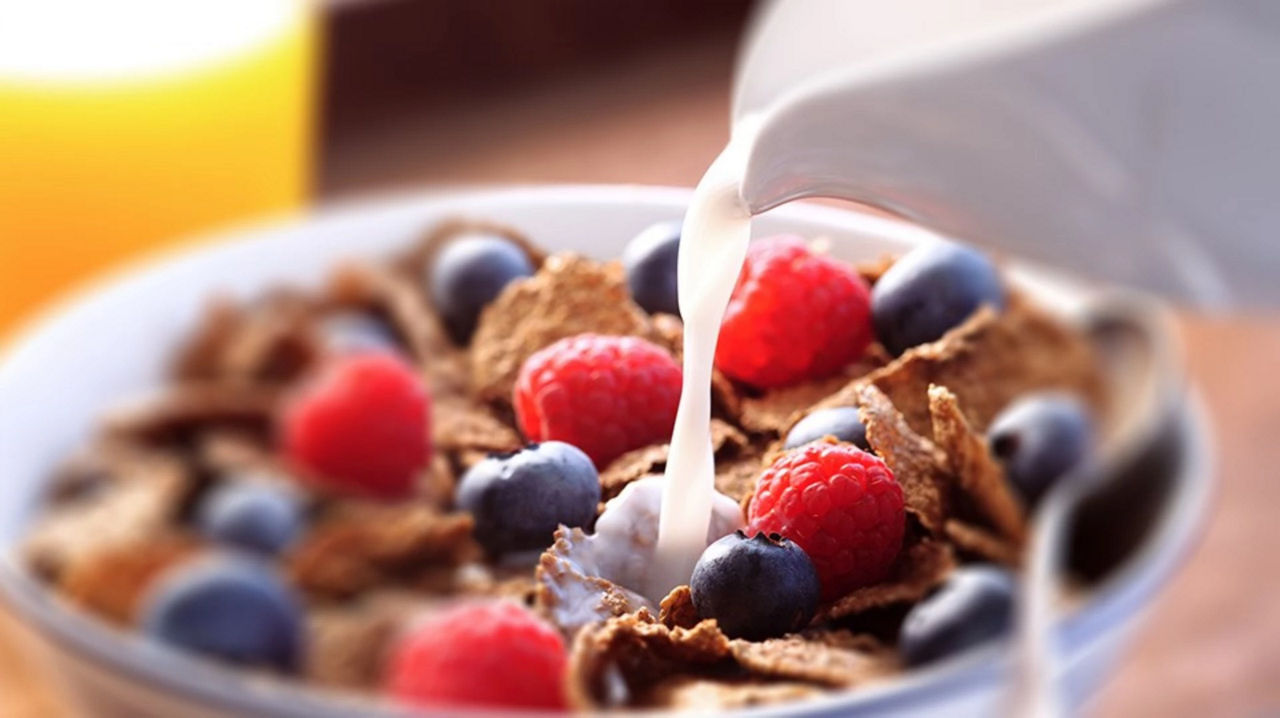More or less?
Find out which vitamins and supplements are vital
It may come as a surprise to learn that only two nutrients are recommended as supplements during pregnancy. Despite this, many women choose to take a prenatal multivitamin and mineral supplement as back up for any nutritional shortfall in their diet. Learn which nutrients are in most pregnancy supplements, when they’re most helpful and why a well-balanced diet is the best possible source of nutrition.







